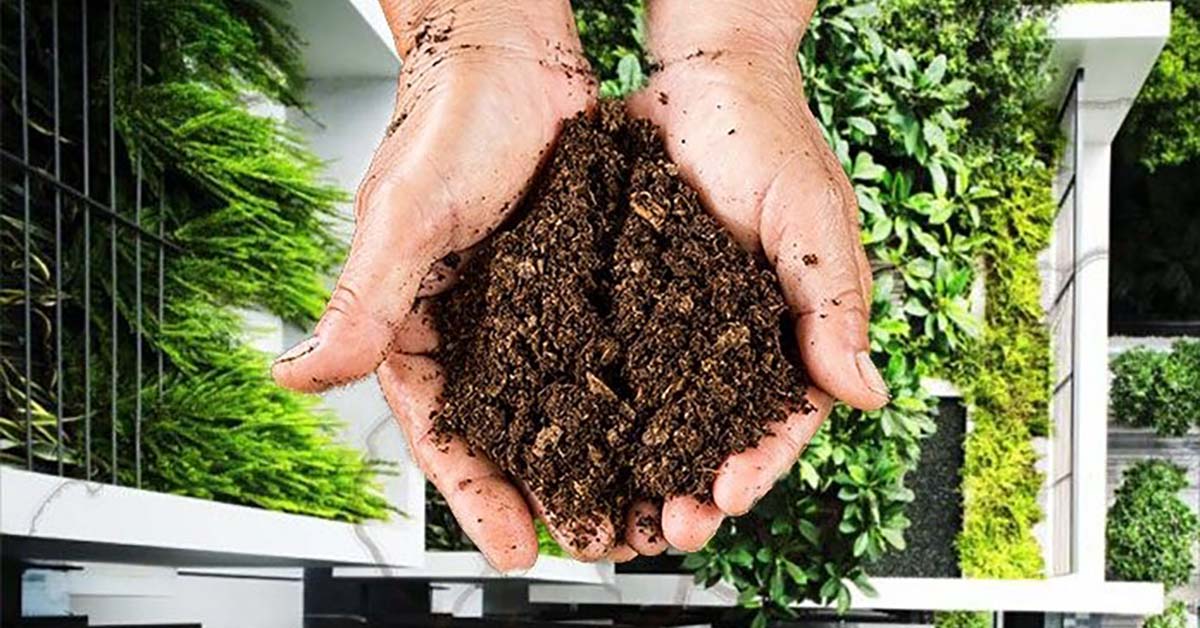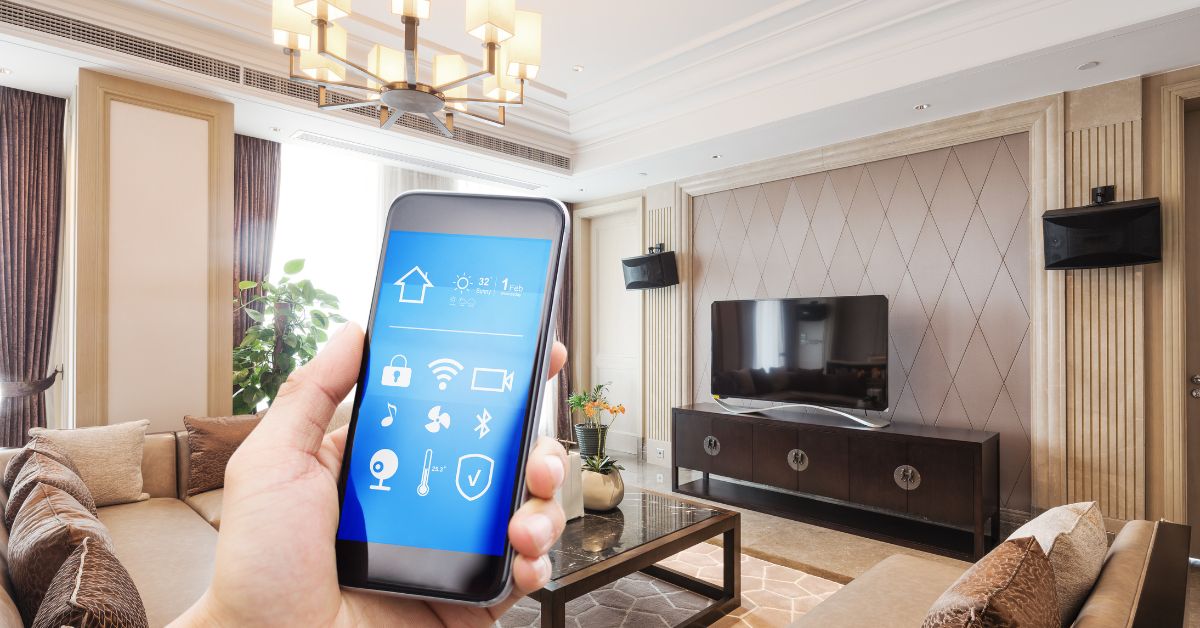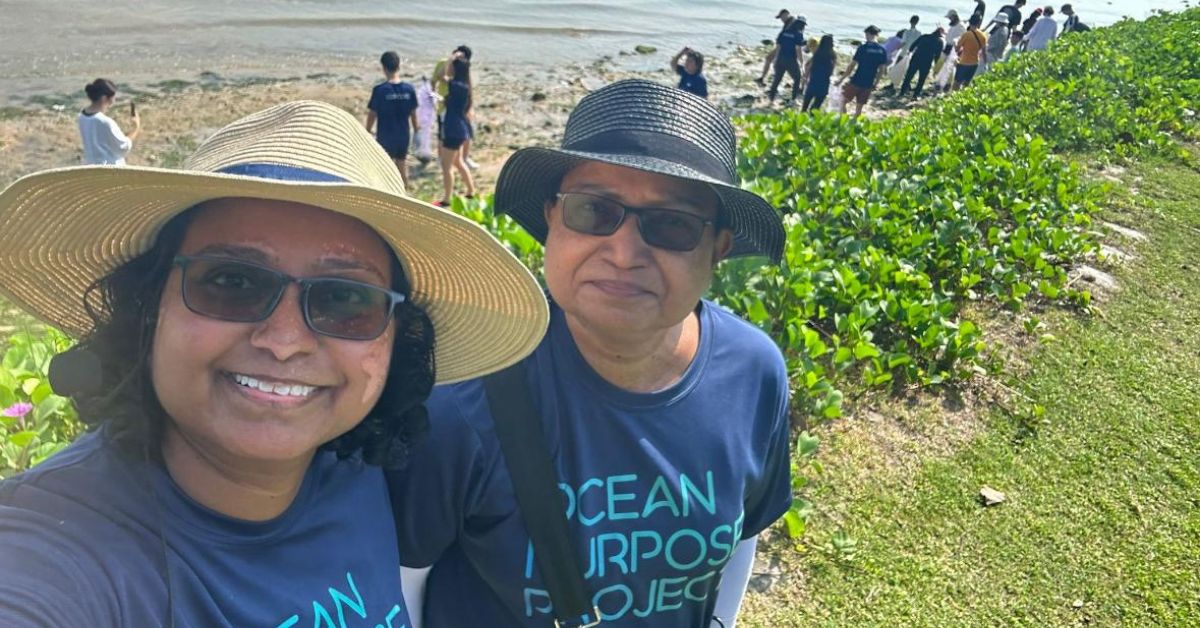
Everyone can be environmentally friendly and look after our planet. “Going green” and achieving “zero waste” are often mentioned, but what exactly do they entail and how can we, as individuals, do our part?
One of the more common green concepts that has gained popularity in recent years is composting. With Earth Day on 22 April, there’s no better time than now to learn about composting and how it can be done in Singapore — whether you live in a house with a large grounds or a small apartment with a balcony garden.
What is composting?
The process of composting involves breaking down organic material. This happens through the natural process of decomposition, via microorganisms. The dark brown substance that items eventually turn into is called compost. Compost is extremely beneficial when mixed into soil, returning all the good stuff back to earth.
When done at home, it results in less food waste. Of course, the first step to reducing food waste is to only buy what we need and finding ways to make the most of what we buy, instead of throwing food away. However, even if we’re diligent in the amount of food we purchase, there will still be food scraps in the form of fruit and vegetable peels and meat bones. So while this is unavoidable, note that these are organic items and, therefore, you should be turning them into compost.
Advertisement
Tips for easy composting at home
We might be known as a “garden city” but it’s rare for us to have gardens as part of our homes. But don’t let this discourage you from composting as you don’t need much land to reap the benefits of this process. And, once you get the hang of it, it’ll easily become part of your daily routine.
- Get a compost bin
You could buy a special compost bin but, honestly, any container with a lid would do. A plastic container such as an old bin is a good option but make sure it has a lid. Your compost bin needs sufficient air to circulate within it so drill small holes on the top, bottom and sides.
The size of the bin depends on how big your household is and how much food scraps you usually generate. - Line and prepare your bin
To ensure that nothing seeps out of your bin, line the sides with cardboard. It’s also best if your bin is elevated and not touching the ground so place some bricks or stones at the bottom. Your bin won’t need sunlight so place it in a spot where it’s not bright but gets lots of air.
Place some compost in the bin. You can either buy this or get it from someone who already has a compost bin. This is needed to start the composting process as it would already contain the microorganisms required. Add water to this mixture and mix it enough to ensure it’s just moist, not wet. - Fill your bin
The key to getting the best out of your composting is to balance what are known as “green” and “brown” materials. The microorganisms need a mixture of nitrogen and carbon to get the job done and need different sources for this.
Nitrogen can be found in “greens” such as fruit, vegetables, flowers, eggshells, tea leaves or teabags, and coffee grounds. And “browns” like twigs, dead leaves, cardboard and newspaper provide the required carbon. Maintaining a 50-50 balance of these two is best. Do not add meat or dairy products to your compost bin as this would only encourage pests and bad odours.
How long will composting take?
Cutting your scraps into smaller pieces is advised to attain a faster composting process. You should also mix the mixture in your bin once a week with a spade to give more air to it, to encourage decomposition.
Depending on the size of your bin and amount of waste you put in, it will take between three and six months for the food waste to turn into compost. To speed this up, you could add composting worms (available from gardening stores) to your mixture.
Get composting now
Compost is rich food for plants, so add them to your houseplants, whether they are big ferns or little herb pots on your window sill. Or give them to friends who grow plants or have gardens.
Since all you need for composting is a good compost bin, there’s no reason why space — or the lack thereof — would be an excuse not to do it. So do your part for the earth and start composting now.






